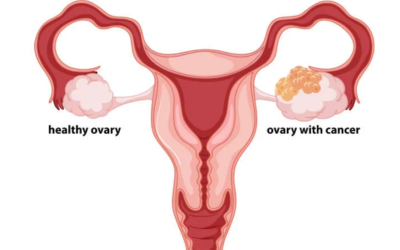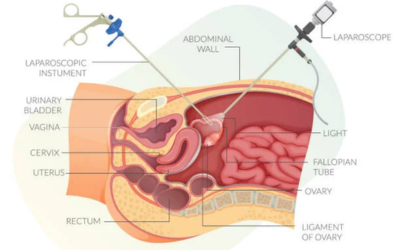
Gynecological Cancer Treatment in Delhi
A gynecological cancer specialist in Delhi can help detect and treat malignancies that begin in a woman’s reproductive organs—most commonly the cervix, ovaries, uterus, vagina, vulva, and fallopian tubes. Globally, millions of women are diagnosed with these cancers each year, with cervical and ovarian cancers leading the chart. In India, screening and awareness are increasing steadily, but still, a large proportion of cases are being detected at advanced stages. Thanks to early diagnosis and good care, outcomes have improved drastically.
“Every woman’s diagnosis comes with its own story, its own fears, and its own strength,”
says Dr. Prateek Varshney, an eminent Surgical Oncologist.
“Our goal is to not just treat the disease but to walk with her through the entire journey—from diagnosis to recovery.”
When it comes to gynecological cancer treatment in Delhi, Dr. Prateek Varshney brings a unique blend of experience and innovation. A Senior Consultant and Director & Unit Head at Max Superspeciality Hospital, Patparganj. he has over two decades of expertise in minimally invasive laparoscopic and robotic cancer surgeries.
Trained at some of India’s most prestigious institutions, he’s known for delivering highly personalized, precision-based care that puts patient comfort and outcomes first. Whether you’re navigating a new diagnosis or looking for second opinions, Dr. Varshney’s approach is one of expertise grounded in compassion.
Now, let’s discuss the individual types and how each is dealt with care individually.
Types of Gynecological Cancers Treated by Dr. Prateek Varshney
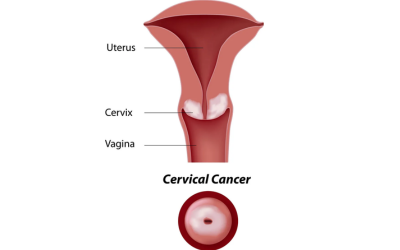
Cervical Cancer:
Caused by HPV, this cancer of the cervix is preventable with screening and vaccination. Early treatment from a seasoned cervical cancer specialist with the appropriate intervention can make a life-changing difference.
Ovarian Cancer:
Characterized by vague symptoms, this cancer begins in the ovaries and most times needs surgery as well as chemotherapy.
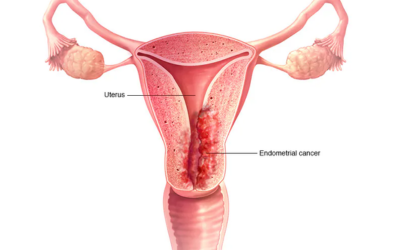
Uterine (Endometrial) Cancer:
Usually occurs in postmenopausal women. Advanced treatment strives to maintain as much function and fertility as possible.

Vaginal Cancer:
A serious, though uncommon, type of cancer on the vaginal walls—handled well with precision surgery.
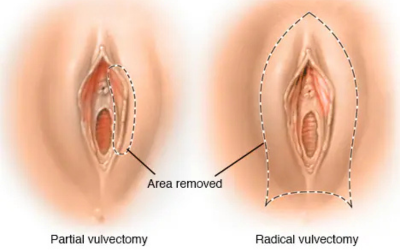
Vulvar Cancer:
Usually diagnosed through abnormal itching or skin changes. Needs to be treated with careful surgical removal, sometimes aided by reconstructive assistance.
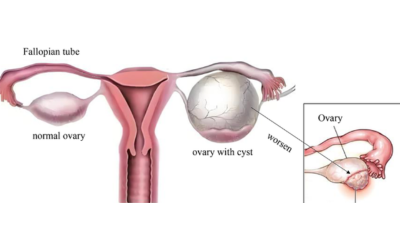
Fallopian Tube Cancer:
Rare and often confused with ovarian cancer. Accurate diagnosis and treatment are key.
How do experts identify the precise type and extent of gynecologic cancer? Here’s how an exhaustive diagnostic process works.
Diagnosis & Staging
Accurate diagnosis is the foundation of effective treatment—and it starts with the right steps.

Pelvic Examination
A manual check of the uterus, cervix, and ovaries to feel for any unusual growths or abnormalities.
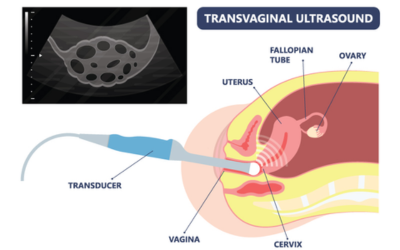
Ultrasound & Transvaginal Scans
These imaging studies yield a good visual of reproductive organs to detect cysts, tumors, or fluid accumulation.

Pap Smear & HPV Testing
To identify abnormal cells of the cervix or high-risk HPV types prior to cancer formation.

Endometrial Biopsy
A uterine lining sample is taken to confirm or rule out endometrial (uterine) cancer.
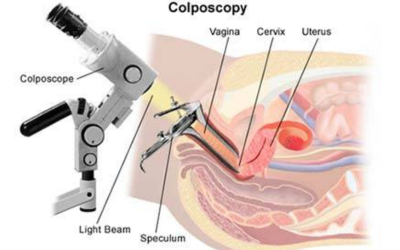
Colposcopy & Hysteroscopy
Both enable direct visualization of the cervix and uterine cavity with the ability to perform targeted tissue sampling if indicated.

MRI / CT / PET Scans
These examinations provide highly detailed, cross-sectional views of organs and assist in determining the extent of spread of the cancer.

Laparoscopy
A procedure with minimal invasiveness that provides a good view of the pelvic and abdominal cavity—usually for diagnosis, staging, or biopsy.
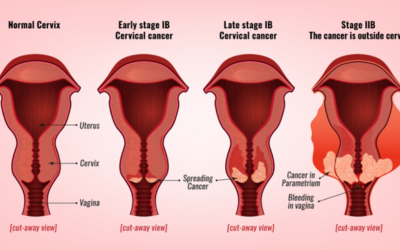
Cancer Staging (I–IV)
Each stage defines how far the cancer has developed—from being within the original organ (Stage I) to extending to distant organs (Stage IV).
Curious about the treatments one can opt for after a diagnosis? Let’s discuss the treatment options step by step.
Treatment Options by Dr. Prateek Varshney

Surgical Resection
Usually the initial treatment, it entails the removal of cancerous organs or tissues. The method is based on the patient’s individual needs, the type, and stage of cancer.
Laparoscopic/Robotic Surgery
Minimally invasive options that offer smaller incisions, quicker recovery, and greater surgical precision. Suitable for early-stage or highly localized tumors.

Fertility-Preserving Surgery
Intended for young women, this method is meant to eliminate cancer while conserving the ovaries and/or uterus. It’s used when cancer is diagnosed early.

Chemotherapy
Employing strong drugs that destroy or shrink cancer cells, frequently administered after surgery or if cancer has spread. Administered by mouth or by IV drips.
Radiation Therapy
Destroys cancer cells with powerful beams of energy. Most often used in cervical, vaginal, and vulvar cancer, and also often in combination with other treatments.

Targeted Therapy & Immunotherapy
These advanced treatments focus on specific cancer cell mechanisms or boost the immune system’s response. They’re often used for resistant or recurrent cancers.
Confused about whom to trust for the best gynecological cancer treatment in Delhi? Here’s why so many women prefer this expert for life-changing care.
Why Choose Dr. Prateek Varshney for Gynecological Cancer Treatment in Delhi?

Over Two Decades of Specialized Oncology Experience: With more than 22 years in cancer surgery, Dr. Varshney has handled complex gynecological cases across all stages and tumor types with precision and compassion.
Minimally Invasive Surgery Expertise: His advanced training in laparoscopic and robotic oncology allows for faster recovery, minimal scarring, and reduced hospital stays—without compromising outcomes.
Personalized, Evidence-Based Care: Each gynecological cancer treatment plan is customized to the patient’s unique diagnosis, fertility goals, and emotional needs, following global best practices and updated guidelines.

Fellowship in Robotic Surgery & Surgical Oncology: His qualifications include an MCh in Surgical Oncology and a specialized fellowship in robotic cancer surgery—making him a go-to expert in the field.
Trusted by Peers, Recommended by Patients: His name consistently surfaces in patient referrals and professional circles as one of the best gynecologic oncologists in Delhi.
Strong Focus on Emotional & Family Support: Dr. Varshney prioritizes family engagement in treatment planning—making patients feel cared for along the way.
Frequently Asked Questions
1. What is the most common gynecological cancer?
Cervical cancer is the most commonly diagnosed gynecological cancer, especially in developing countries like India.
2. Can gynecological cancers be prevented?
Yes—regular screenings, HPV vaccination, and healthy lifestyle choices can significantly reduce the risk of several types.
3. Can young women with cancer preserve fertility?
In most situations, yes. Fertility-preserving surgeries and fertility-sparing treatments are available depending on the stage and type of cancer.
4. Are these cancers hereditary?
Some are. Ovarian and uterine cancers may be linked to genetic mutations like BRCA or Lynch syndrome, so family history matters.
5. Can menopausal women develop gynecological cancers?
Yes. Postmenopausal women are actually more prone to cancers like endometrial and vaginal cancer.
6. What lifestyle changes can reduce the risk?
Maintaining a healthy weight, quitting smoking, staying physically active, and undergoing routine screenings can all help lower your risk.
Disclaimer: The content shared on this page is for informational purposes and not for promotional use.

